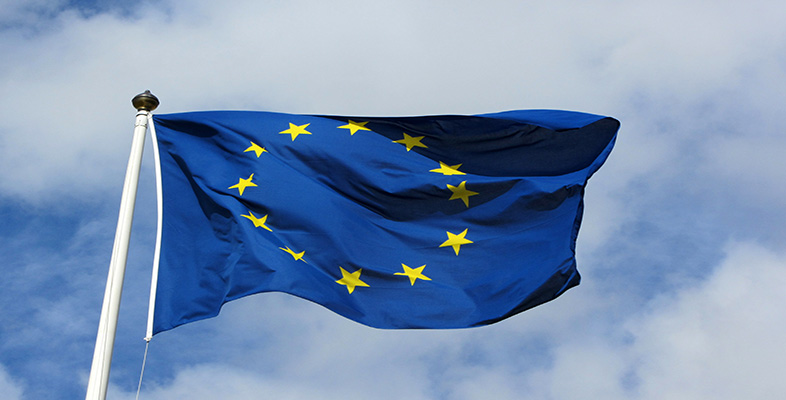1.6High culture and education in the making of Europe
1.6.1 High culture
It has been said that high culture unites Europeans, while low culture separates them. Another way of putting it is to say that the European elites share a considerable amount of culture, while the masses do not.
For Mike Featherstone it is legitimate to talk about European culture in the sense of a ‘symbolic representation, a historic idea which has developed above that of the nation state, yet does not entail the elimination of national cultural affiliations’ (Featherstone, 1996, p. 34). In this he follows the German sociologist Georg Simmel who envisaged European culture as the reworking of a tradition (Judeo-Christian and Greco-Roman) by a variety of cultural specialists (writers, painters, priests, and so on). From this perspective, European culture is what people like Dante, Shakespeare, Michaelangelo, Goethe, Mozart, Beethoven, Goya, Dostoevsky and many others produced.
An area that unites Europeans is literature. Most genres of literary discourse are pan-European; this includes poetry and the theatre. But if there is one genre that is quintessentially European, it is the novel. For Milan Kundera (1988) the novel has accompanied Homo europaeus for the past four centuries; it reflects a common experience which is the ‘passion to know’. And this feature is typical of European civilization. With the novel was born the ‘imaginative realm of tolerance …; a dream many times betrayed but none the less strong enough to unite us’ (Kundera, 1988, p. 164). In Europe the respect for the individual has not followed a lineal path, but has rather progressed in leaps and bounds. The history of the European novel encapsulates the right of the individual to a free life.
There are some individuals who assert their Europeanness whole heartedly, and perhaps it is not surprising to find that many of them are intellectuals of sorts. This is the case, for example, with the originally Dutch writer Cees Nooteboom. Born in 1933, he has lived in Amsterdam, Berlin and the Balearic Islands. Widely travelled in Europe, he believes that Europe can only be the incredible diversity and richness of its peoples. In his book De Ontvoering van Europa (Nooteboom, 1993) he asserts that it is in the realm of the spirit that Europeans will find the currency that will allow the contact between the big and the small nations. Nooteboom's recipe for Europeanness presupposes an education which emphasises the European heritage, a knowledge of other European languages, travelling in different countries and living in, and being familiar with, a number of European cultures. Another committed pro-European is the Czech writer and politician Václav Havel, who has written extensively on this topic.
